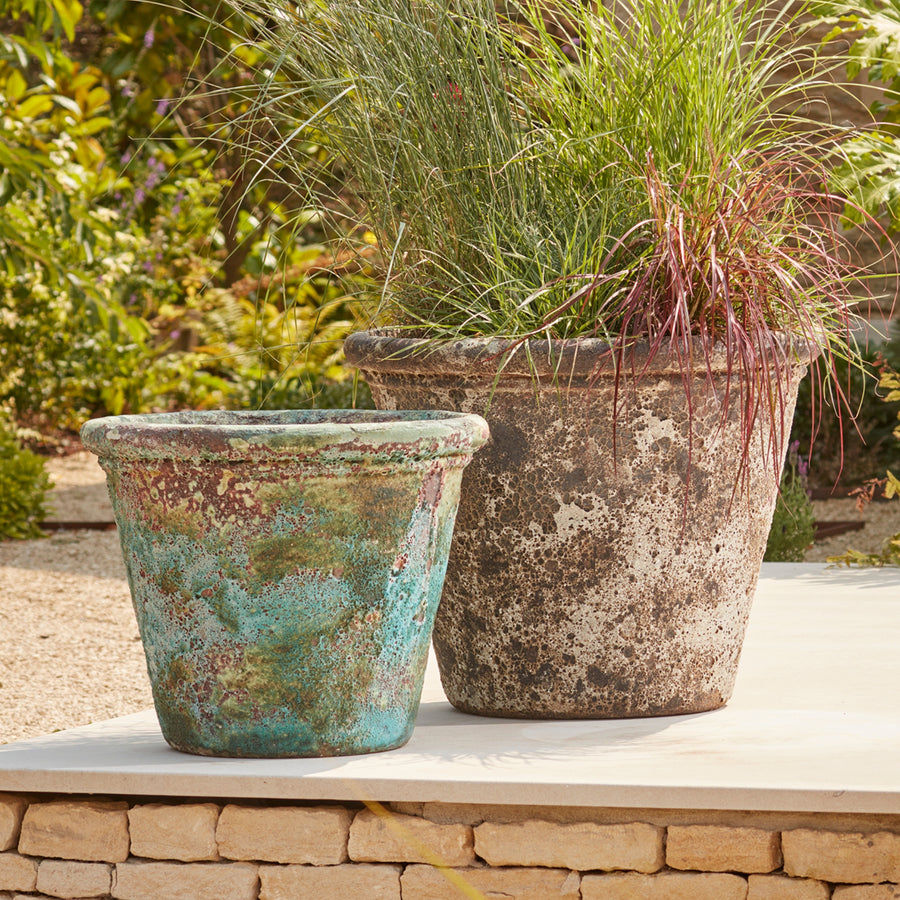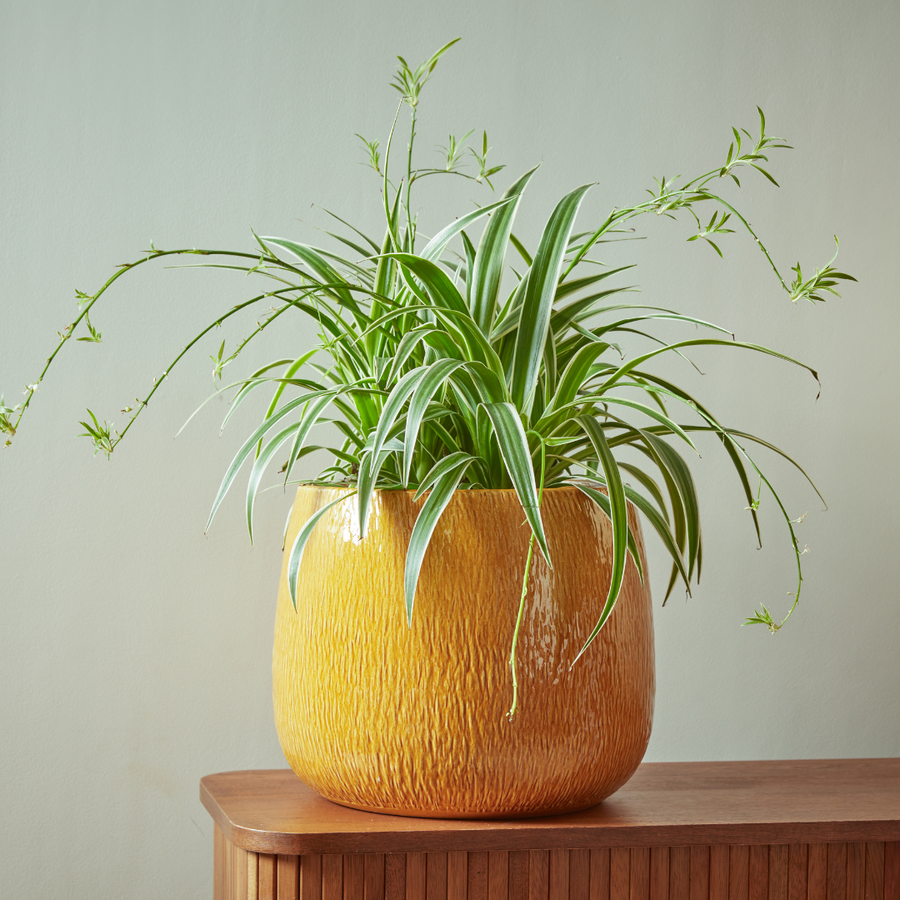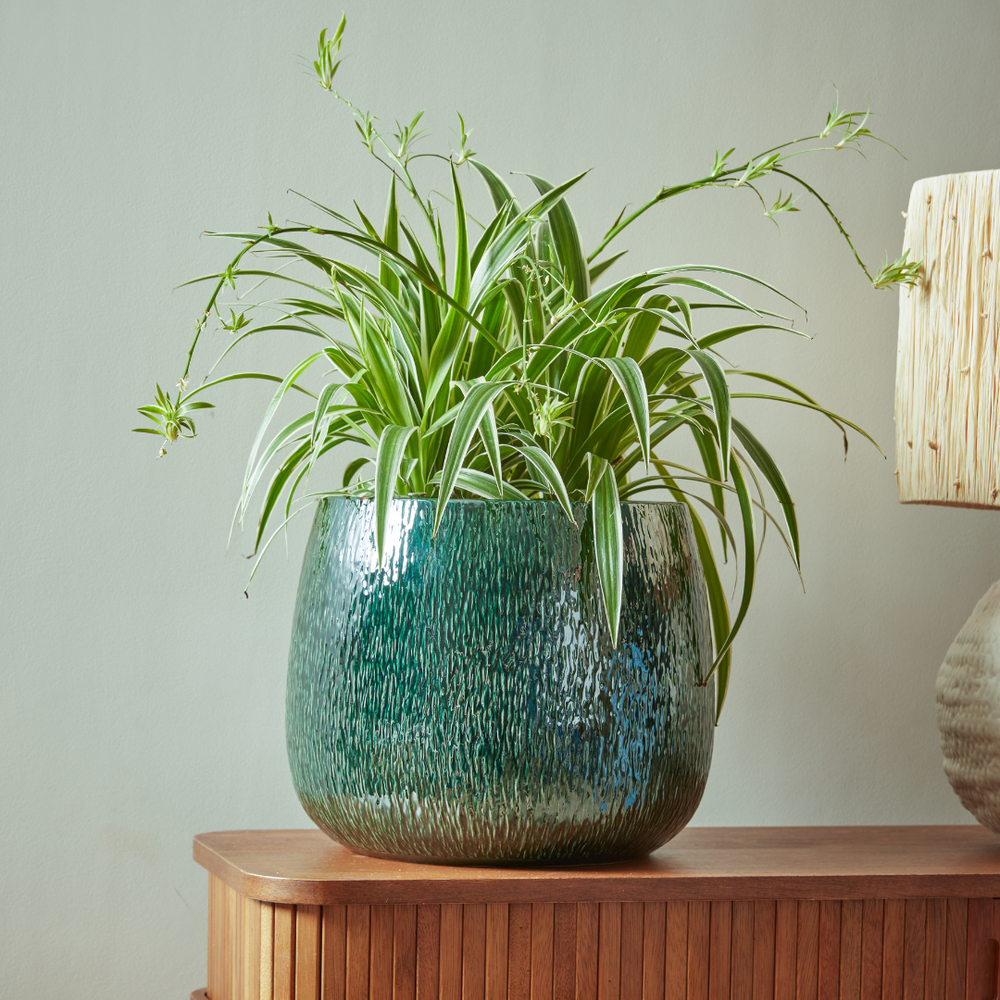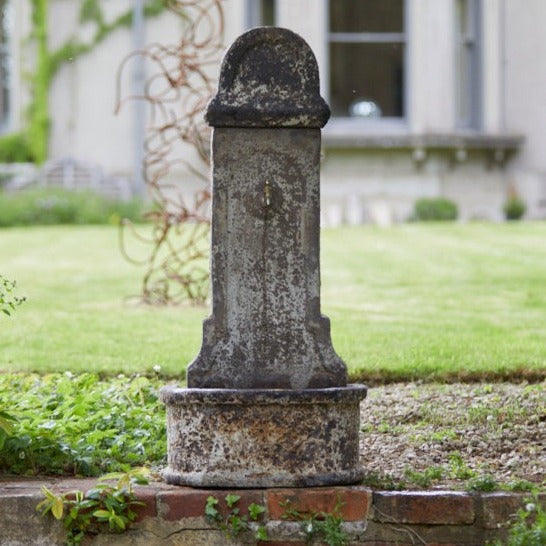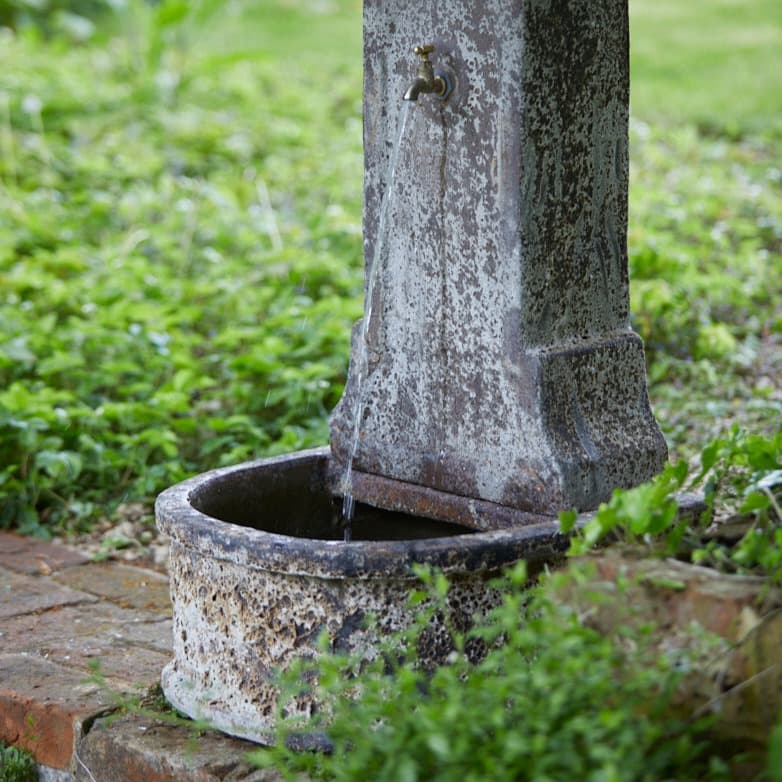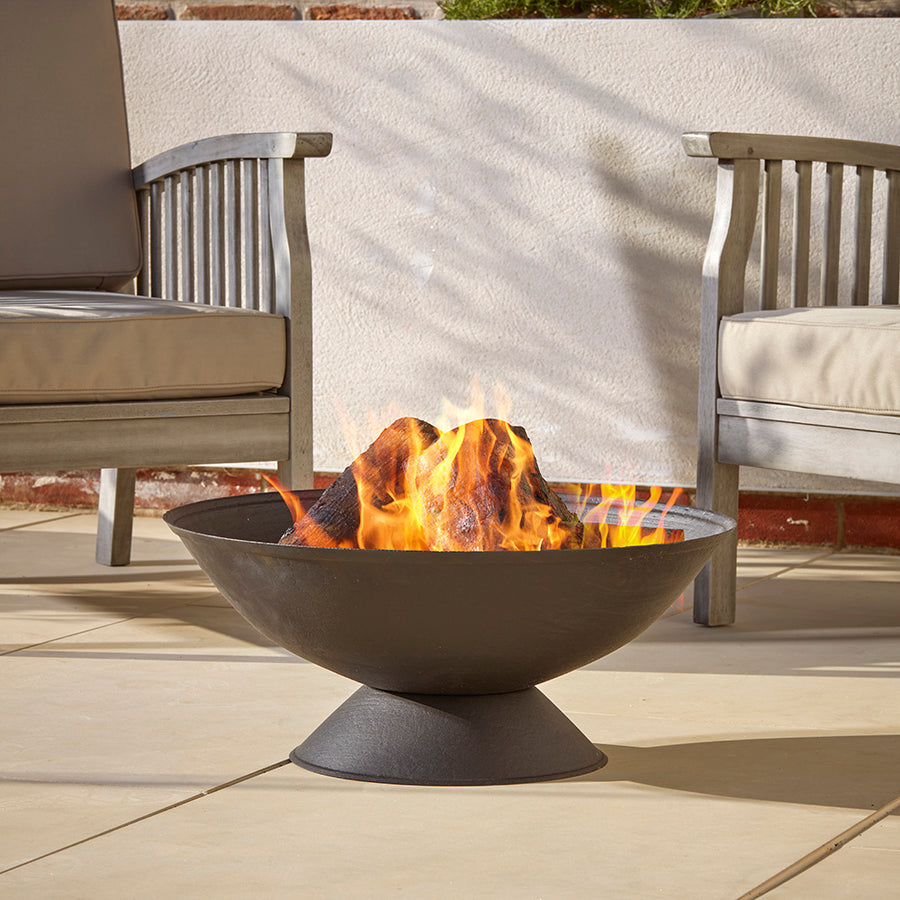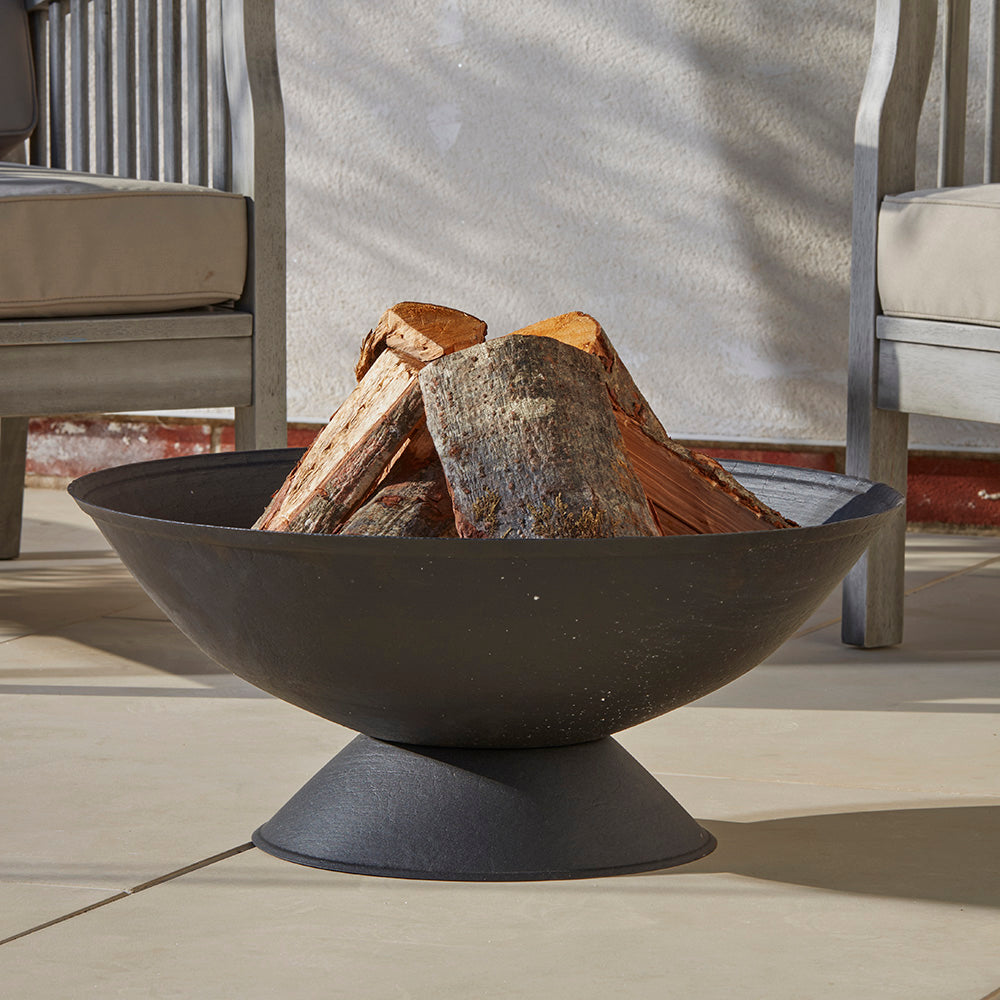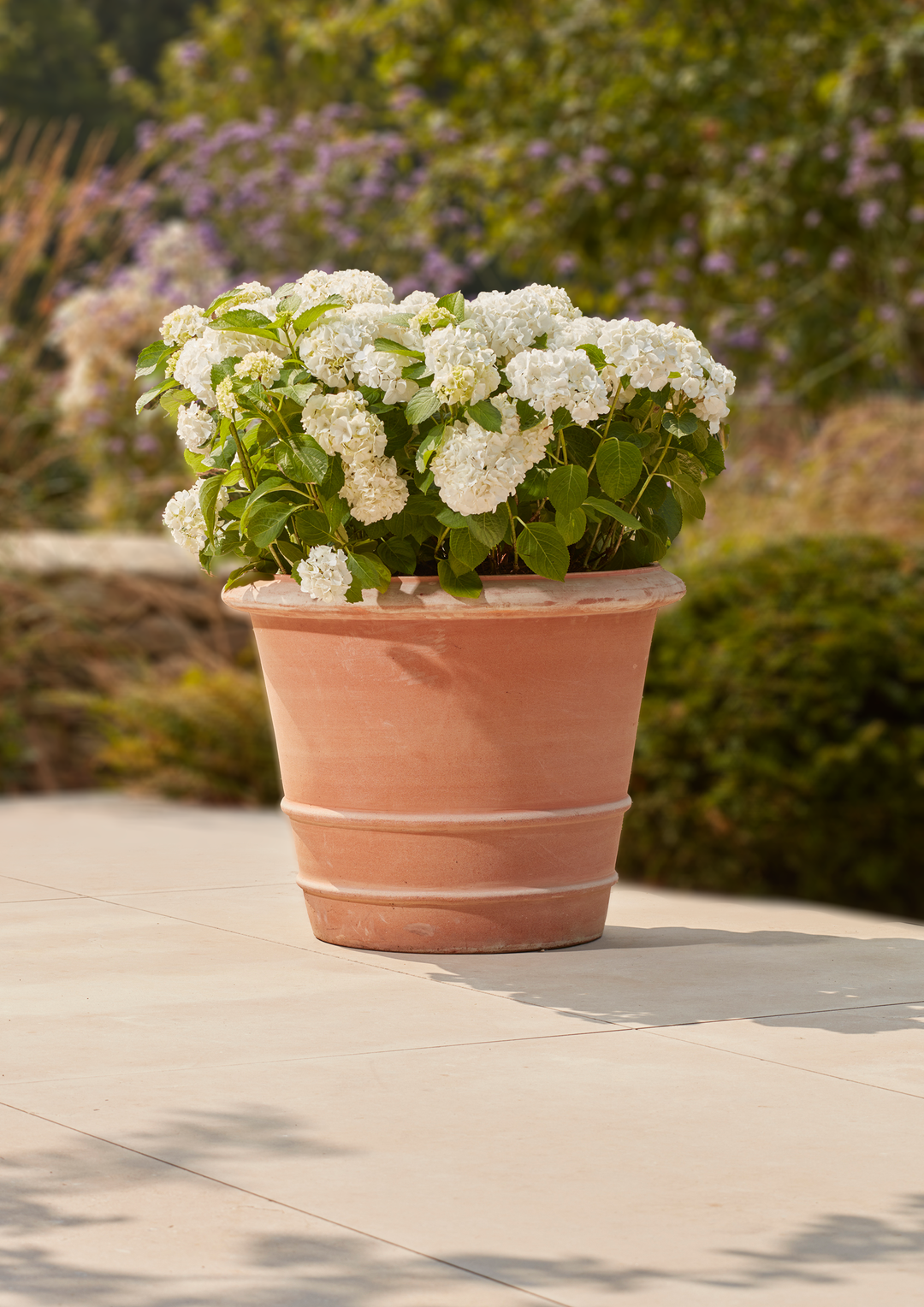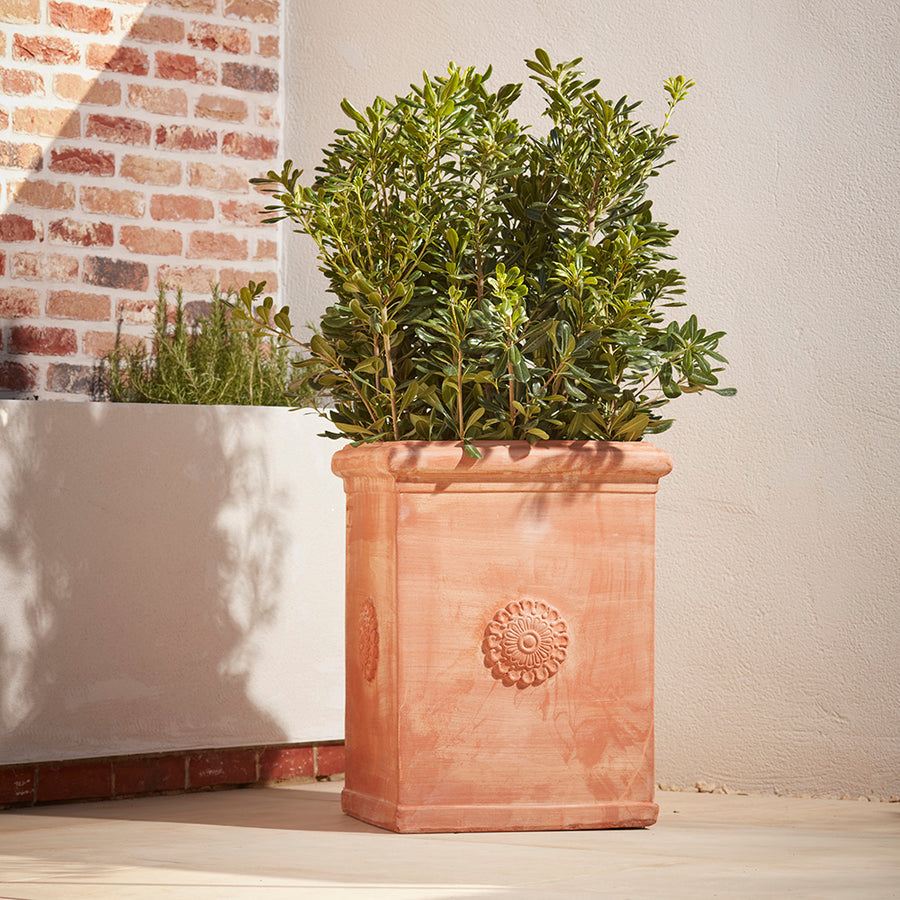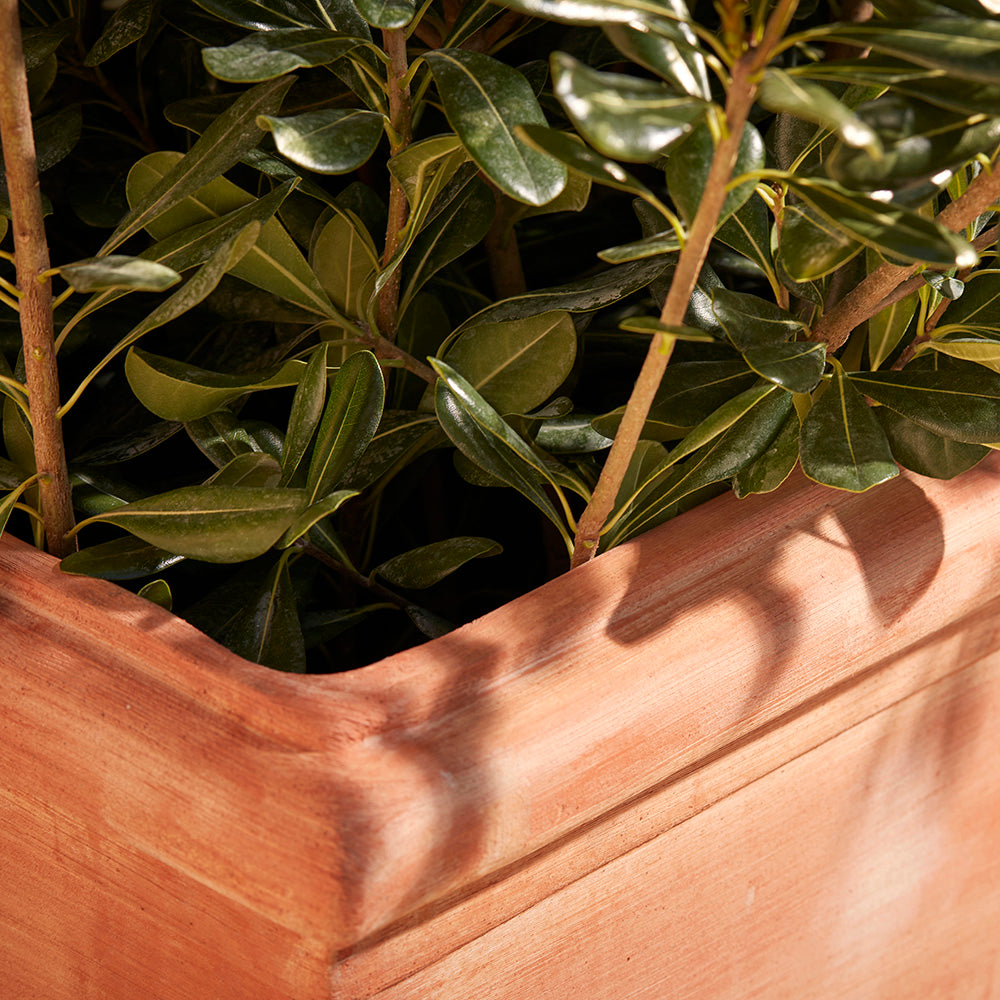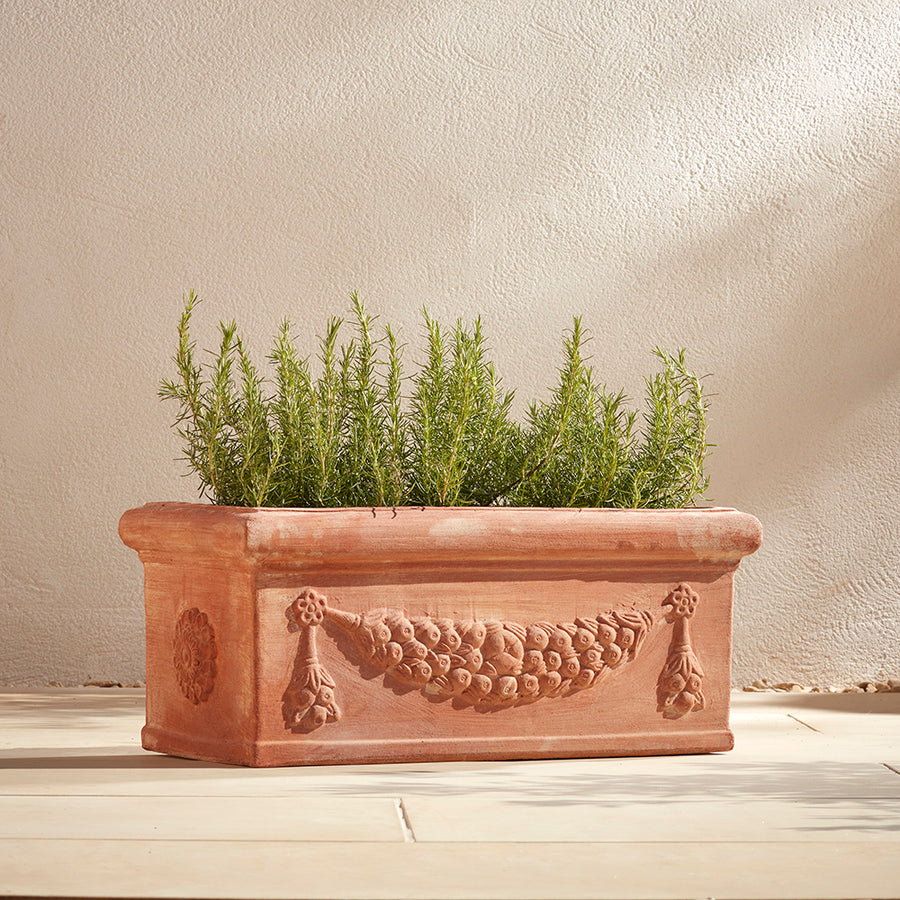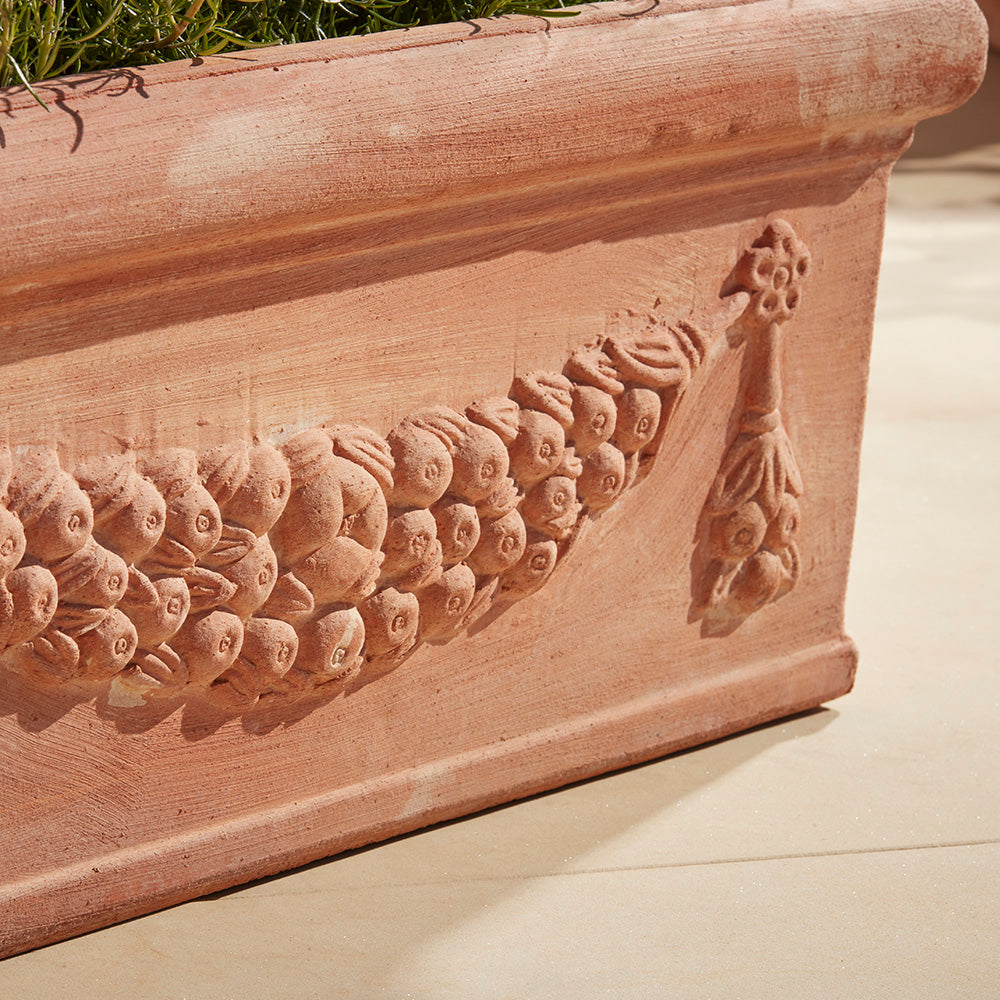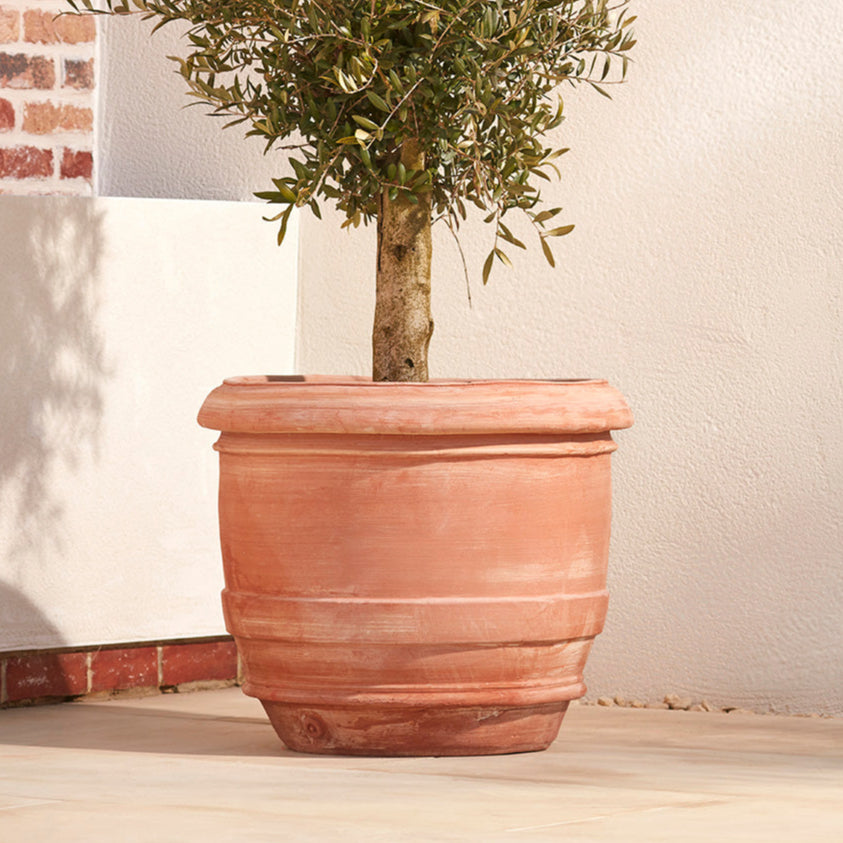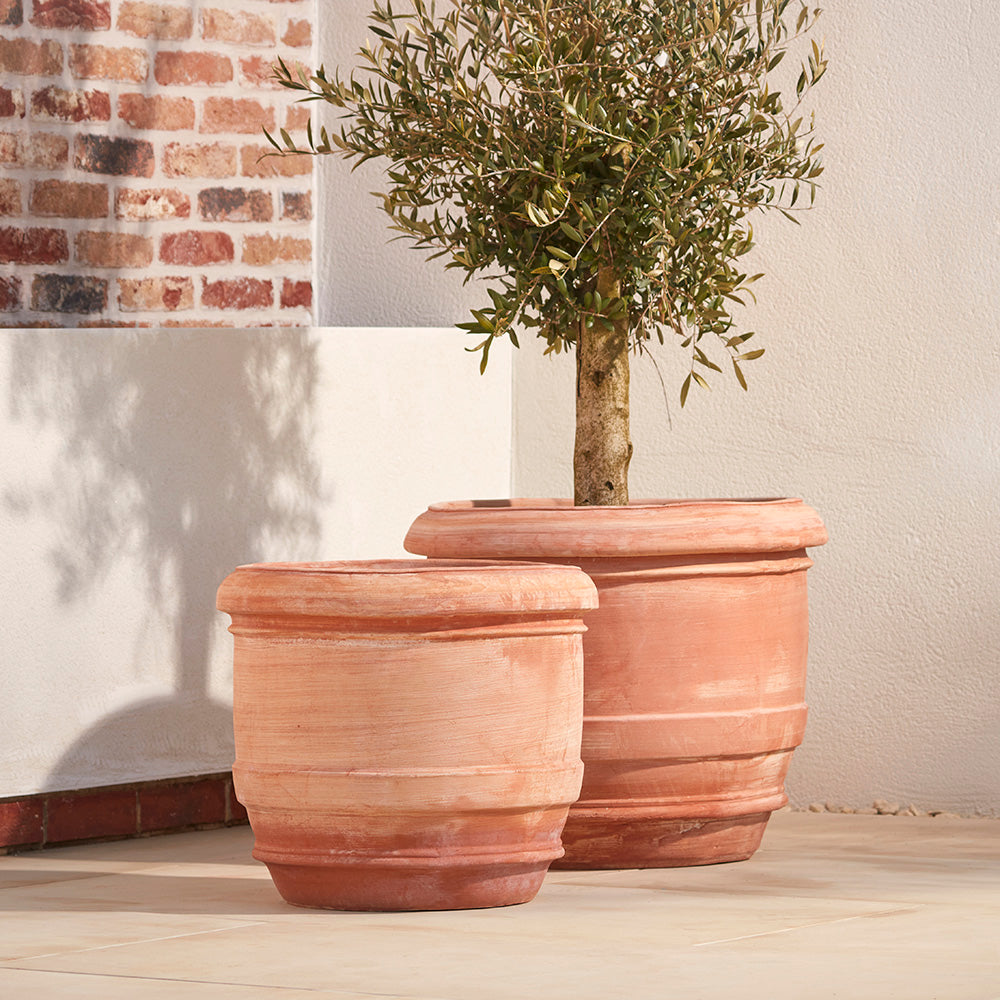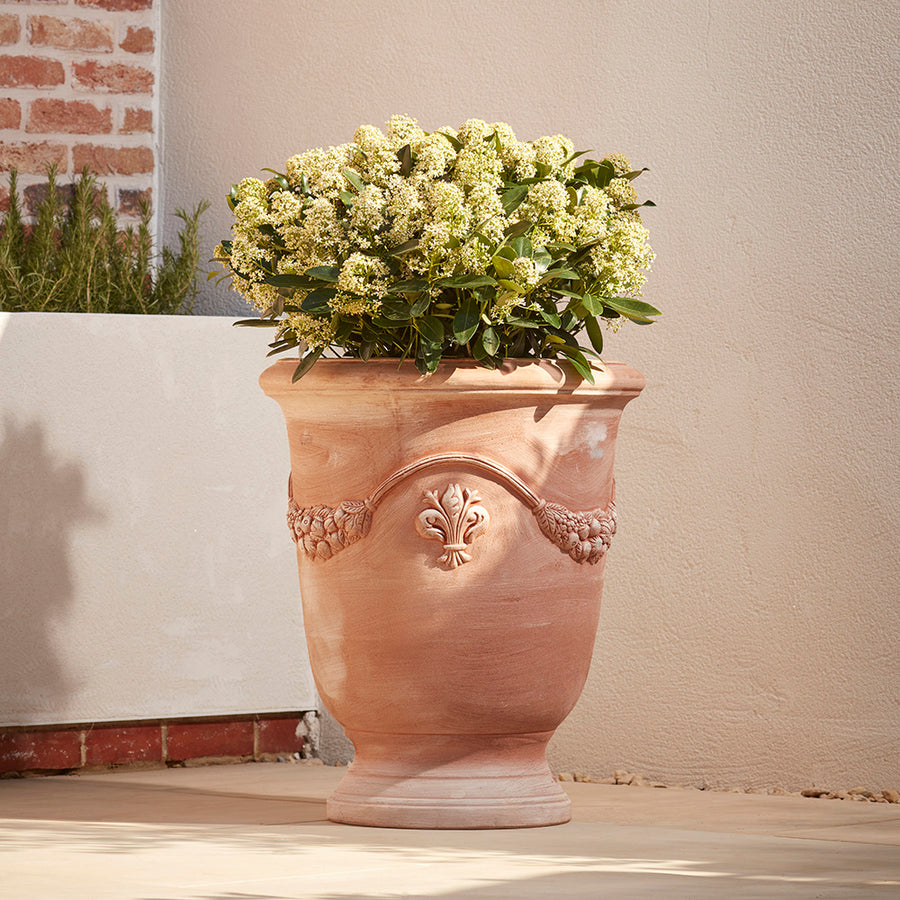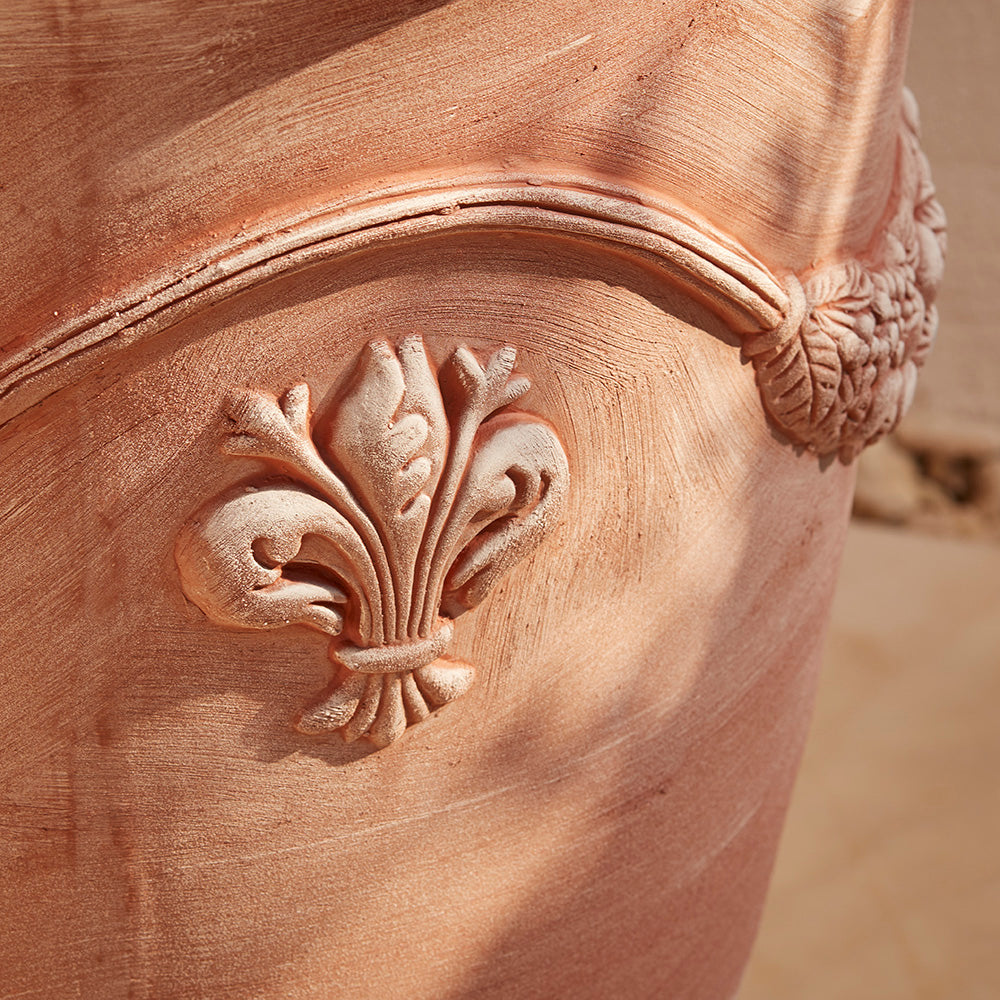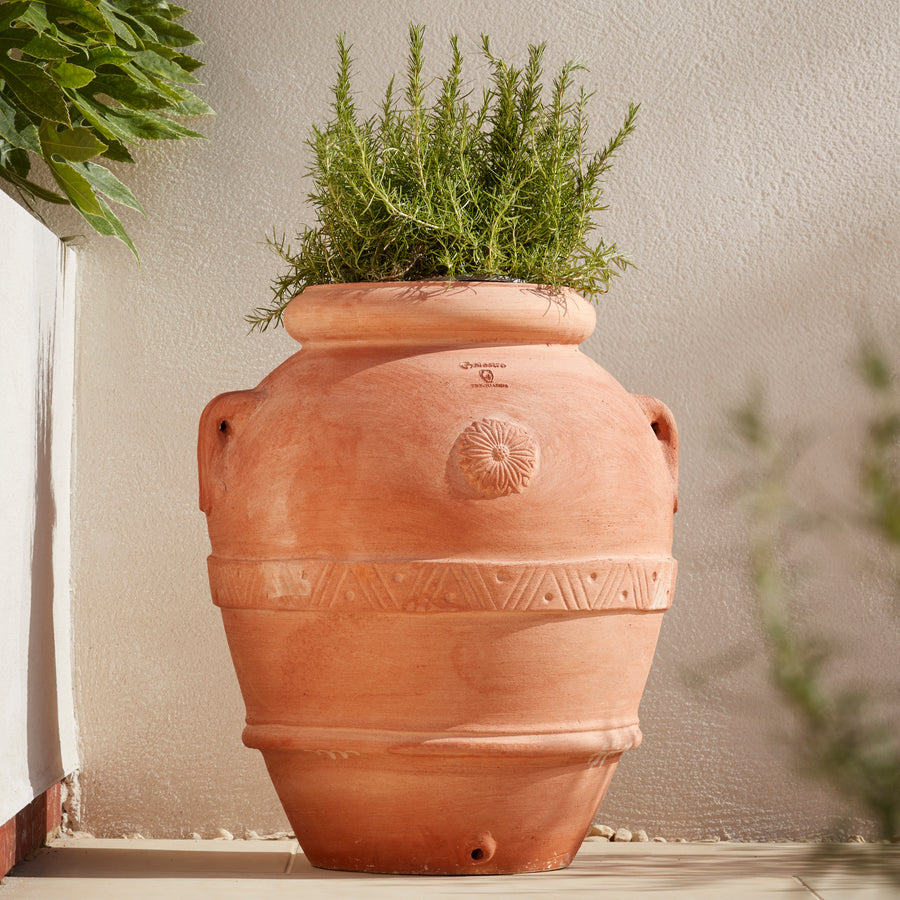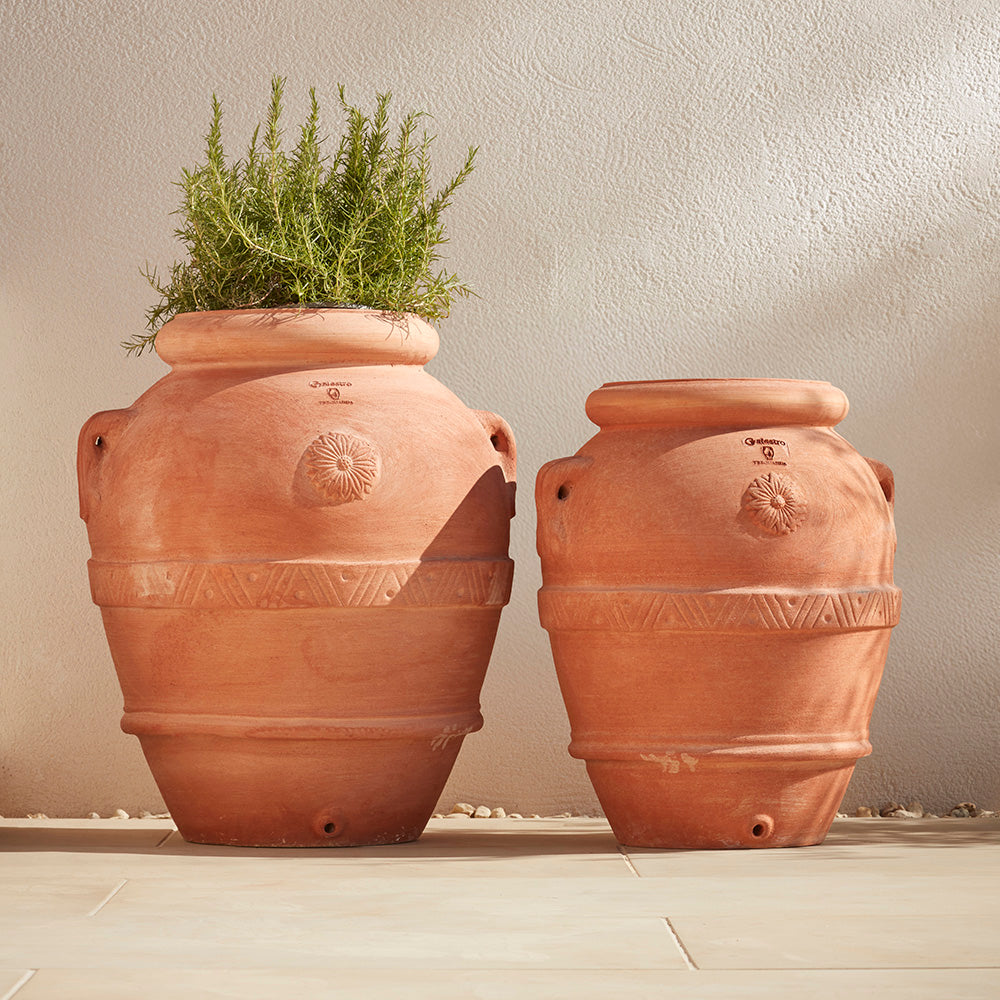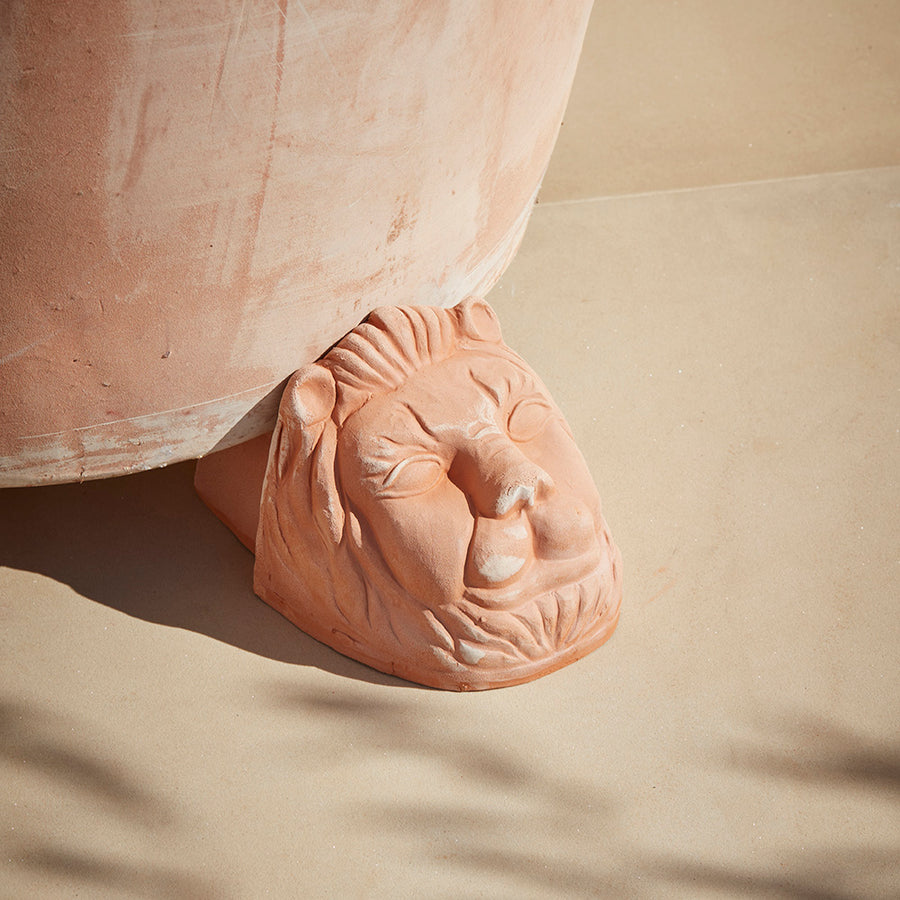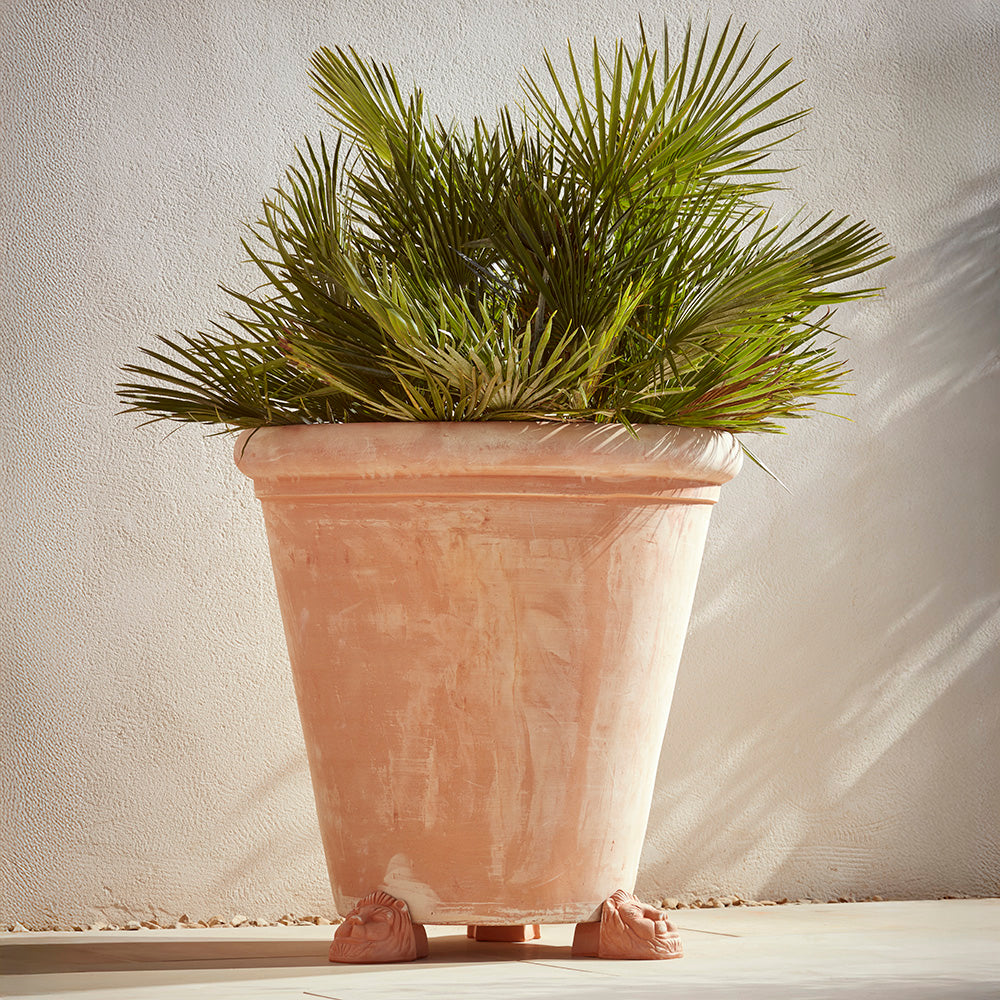Sustainable ideas for your garden this summer
With summer well and truly here, more people are making the most of their gardens during this warm and sunny period. While it may seem like an eco-friendly hobby, gardening can do damage to the environment without you realising it. Our outdoor spaces offer tremendous potential to sow positive change with environmentally friendly gardening ideas and can be done by anyone with or without a green thumb.
We’ve put together some of our favourite eco-friendly gardening ideas for you this summer that can be carried out in even small gardens.
Water Conservation
With hosepipe bans looming, water rationing has become essential during the dry spell that we are experiencing. If you haven’t already, consider installing a water butt in your garden that collects rainwater at the end of downspouts that you can later extract from with a soaker hose or watering can.
Using grey water from your home is also a great way to soak your plants during hot weather. A precious resource, grey water comes from your sink, bath or shower, from dishwashers and washing machines. It is estimated that grey water typically makes up between 50-80% of a UK household’s wastewater and is an excellent way to start recycling water at home. It can be easily collected in a bucket or fed through an irrigation system for use in the garden, although we recommend not to use this type of water with homegrown vegetables.
A rain chain is a decorative solution to directing any water run-off from your roof, gutters and eaves to a specific spot, like a water butt or flower bed.

The above ideas will offset the water used on your plants and limit the strain on your region’s water supply.
Green Roofs
A green roof is a fantastic example of sustainable planting. They are becoming more popular in landscape design and provide a home for garden wildlife as well as pollinating insects and invertebrates.
Having a green roof has many benefits for the environment including improving air quality, slowing water runoff, absorbing rainfall, providing insulation and preventing gutters from overflowing. They work best when there are less than 20-30 degrees of a sloping roof to work with, so a shed or bike store is ideal for this small eco garden.

Firstly, make sure you line the top of your roof with a waterproof membrane. Then add a light layer of compost and shallow-rooted, hardy alpine plants such as sedums, which require very little maintenance.
Reclaimed Materials for Wildlife
Why not combine green recycling with organic gardening with these fun ideas that use recycled materials? You can make beautiful environments made out of reclaimed and upcycled materials items that would just be thrown away, by reusing a few things in your garden, you will not only help the environment but reduce waste.
A wildlife house for our garden friends and insects will provide a haven for them throughout the seasons.

You can build a simple house using two pallets, simply saw them in half before placing them on four bricks to raise off the ground. Continue to add bricks in each corner and add the next pallet level until you reach the last piece which will make the roof. You can then start adding materials for wildfires, including a mix of twigs, leaves, plant clippings, bamboo, broken terracotta pots and cut pipes.
If you have several single-use plastic bottles or yoghurt plastic pots, they can make excellent mini-cloches which will protect seedlings from harsh winds, pests and diseases. We recommend leaving the top off the bottle so that the seedling can breathe without excess moisture which could lead to mould.

Compost Food Waste and Garden Waste
Making compost at home is extremely easy. Not only can you cut your food waste by using it for composting, but you can also make a cost-effective growing media for your plants that are nutrient-rich fertiliser that helps gardens grow.
Things you can add to your compost include fruit and veg scraps, egg shells, coffee grounds and tea bags. Meat, fish, dairy products and anything oily, fatty or greasy are not suitable for composting.

Dry materials such as shredded newspaper, cardboard and garden waste, and grass clippings can also be used. Find the right site in your garden for your compost bin, - we recommend a reasonably sunny place on bare soil so the worms can access it easily. It takes between nine to twelve months for your compost to become ready for use so keep adding your waste and turn it every so often before using.
Planting
Using native garden plants, such as wildflowers, will not only encourage UK wildlife to spend time in your outdoor space but also can cut down on the amount of feed and water you need.

You’ll save air miles by buying British and supporting our local growers and aiding our native biodiversity. Native plants are also more likely to survive the variety in UK weather and be tolerant to the country’s pests, meaning you’ll save money on replacing them, too. Choose plants such as Primrose, and Honeysuckle. Forget me Not, Foxglove and Oxeye Daisy.
Egg shells are an organic way to suppress weeds and nourish your plants in containers and borders. Full of calcium, egg shells are an ideal supplement and feed for outdoor flowers, vegetables and fruit trees in your garden.

If you are growing climbers or taller plants that may need support, willow is a natural, sustainable material that is often locally sourced. It is highly versatile and can be weaved to create an obelisk to support sweet peas, clematis or runner beans. The stems can also be used to support heavy-headed blooms such as peonies and dahlias from the wind and rain.

Once you’ve picked your cut flowers, one of our green garden tips is not to use oasis foam in your arrangement, Oasis can’t be reused so why not opt for chicken wire instead as it allows the flowers to be able to drink naturally and is better for the environment. Cut a square of chicken wire and fold it into a cushion shape so all ends are folded inwards. Fix it into the container with floral tape, add water then your foliage and flowers for the most amazing blooming display.

By following our tips, you will be able to garden in a smart and eco-friendly way, use fewer chemicals and adopt greener alternatives whilst giving back to Mother Nature.




